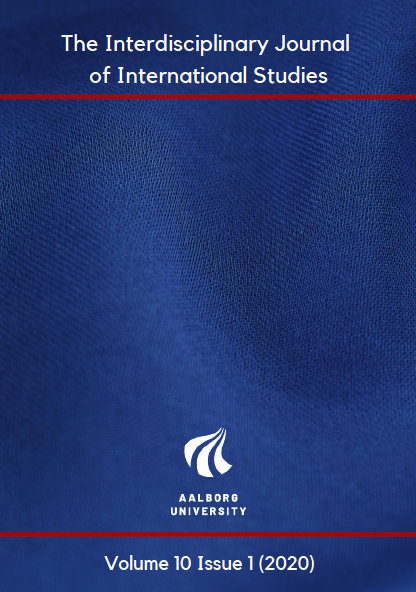A New Hegemon in Russia’s Backyard? Assessing China’s Implementation of the Belt and Road Initiative in Kazakhstan
DOI:
https://doi.org/10.5278/ojs.ijis.v10i1.6351Abstract
By assessing the implementation of China’s BRI in Kazakhstan, this article examines a potential threat posed by the BRI to Russian hegemony in Central Asia. Analysing the implications that the initiative incorporates for the regional power balances and by applying concepts of hegemony found in both neo-Gramscianism and neoliberal institutionalism, the authors argue that a considerable shift in regional hegemony is underway and that, as the BRI grows stronger, it could eventually lead to China gaining the ability of shaping ‘forms of state’ of Kazakhstan and becoming a hegemon, a development underlined by both theories. In the case of Kazakhstan, arguing along the dimensions of political economic as well as social shifts away from Russia and towards China, the article finds that China has increased its influence through the new institutions and norms provided by the initiative to such a degree that it fulfils the requirements for hegemony, which could possibly trigger a transition in the entire Central Asian region.
Downloads
Published
Issue
Section
License
Authors who provide articles, essays or book reviews to the Interdisciplinary Journal of International Studies agree to release their publications under the Creative Commons Attribution-Noncommercial 3.0 Unported license, which allows anyone to share their work (copy, distribute, transmit) and to adapt it for non-commercial purposes, provided that appropriate attribution is made and that, in the event of reuse or distribution, the terms of this license are made clear.
Authors retain copyright of their work and grant the journal right of first publication.
Authors are able to enter into separate, additional contractual arrangements for the non-exclusive distribution of the journal's published version of the work (e.g., post it to an institutional repository or publish it in a book), with an acknowledgement of its initial publication in this journal.

